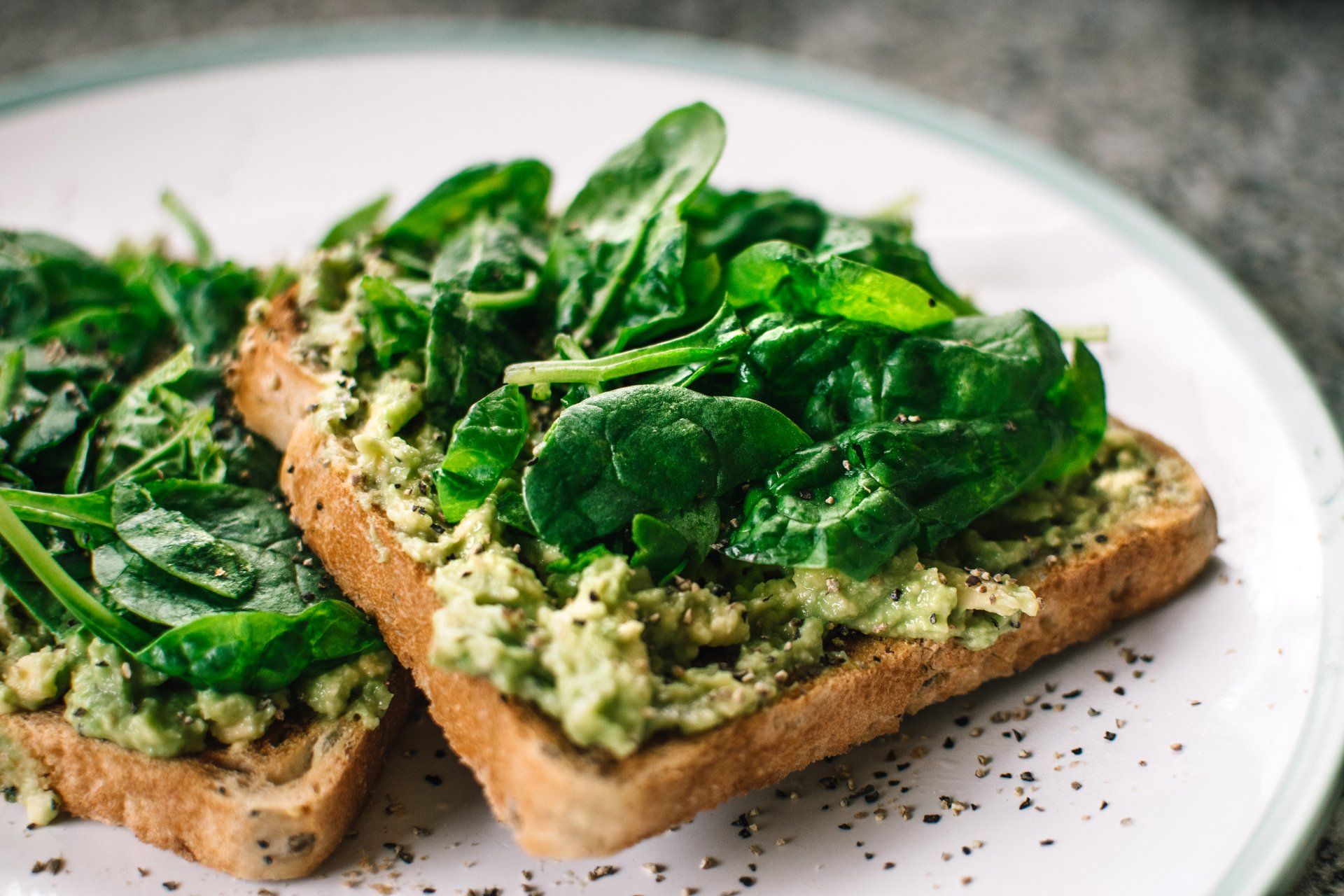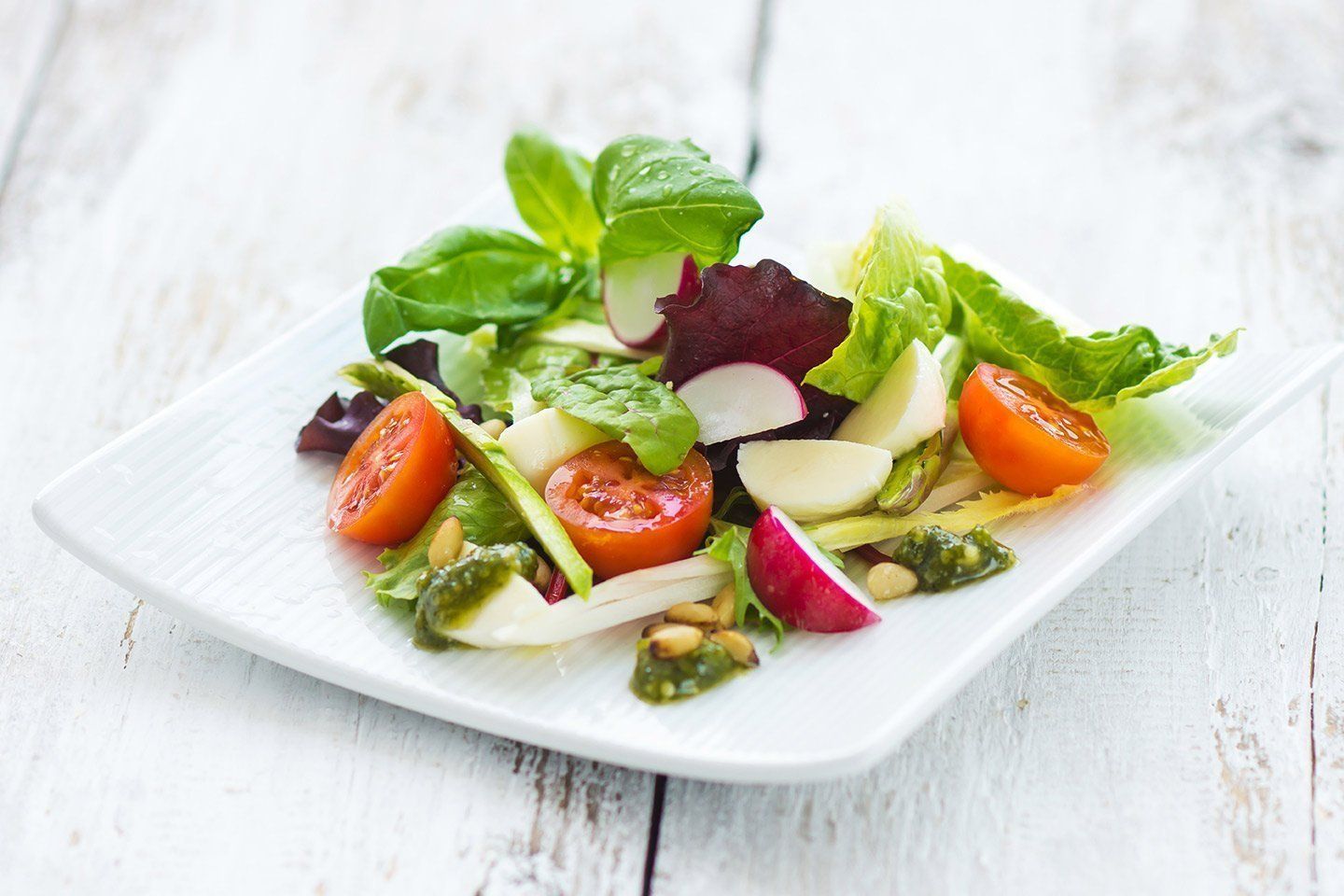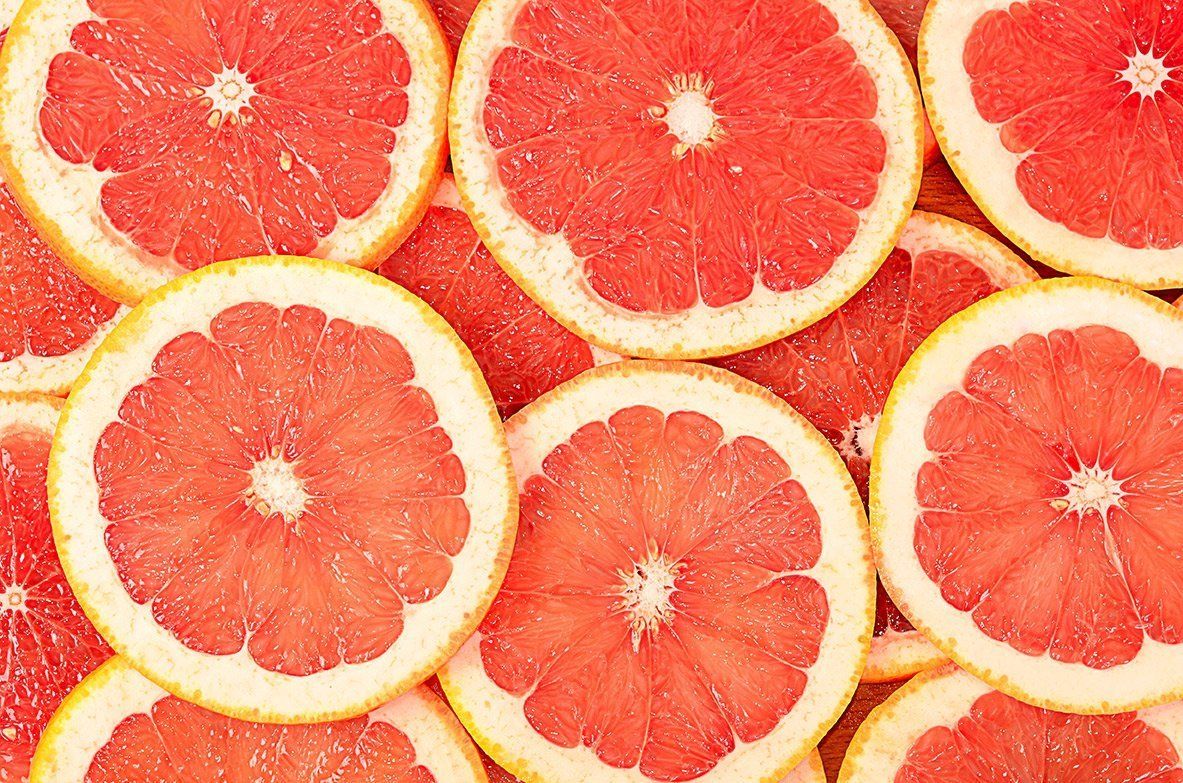Rooted n Wellness, wellness inside and out
About
Rooted n Wellness was established with the belief that the food we eat has the ability to heal our bodies, as well as fuel them. As a client of Rooted n Wellness, we will take into consideration your goals, taste, and lifestyle to establish a plan to help you to be the healthiest you from the inside and out.
Healthy food doesn't have to be difficult or confusing. Lets work together to find the healthiest and most tastiest meals for you. Book your FREE 10 minute consultation to see if working together would be a good fit.
Disclaimer: The client understands that the role of the Holistic Nutritionist is not to provide health care, medical services, or to diagnose, treat or cure any disease, condition or other physical or mental aliment. The nutritionist is a mentor to help guide each client on their own health journey, with no guaranty or assurances of results.

Our services
-
30-60 minute Nutrition Consultation
ButtonDurnig this meeting will go over any medical history, lifestyle or diet requiremnets. You will have the opportunity to ask questions, and if you desire, we will come up with a paln of action to move forward. The charge for this $85.
-
60 minute Nutrition Counseling
ButtonThis can be either a reoccuring session or on a as needed basis depending on your needs. In this session we will cover the following:
* Grocery shopping and nutrition tips
* Meal Planning and Food Preparation ( where to start to making nutritious and yummy meals to fit your dietary needs)
*Holistic techniques on lowering cholesterol, blood pressure, inflammation through out the body, and weight loss.
*How to add physical fitness into your everyday life
*Questions you may have about diets and food
*This session is $100
-
Individualized Meal Plans
ButtonMeal plans that are designed for each individual based on their needs. We will work together to find foods that help you attain your wellness goals. Plans can be designed for 7,14 or 28 days. Pricing starts at $85 for an individualized 7 day meal plan with full recipes and instruction on meal prep. $145 for a 14 day and $200 for a 28 day meal plan.
Customer reviews
-
Daniel K.
Button"I honestly received the best service I could have asked for. They were super professional to deal with; they met all my needs and helped me a lot."
-
Ron H.
Button"The entire experience was so easy and friendly, and the price was very reasonable. I don't know what I would have done without them."
-
James F.
Button"I can't say enough good things about the quality of this company. Highly, highly recommend using them!"














